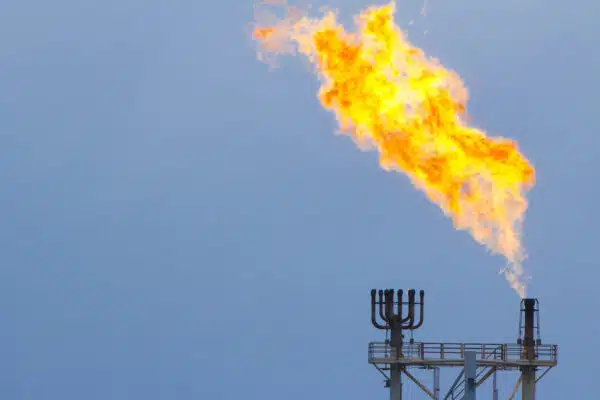
Image source: 12manage.com
Scenario analysis is all about alternative worlds and parallel universes and may include black swans, but stops short of meteor strikes. Confused? Read on and we’ll find out what’s going on together. The name itself is a good place to start. Our aim is to evaluate risk for a particular plan of action according to different scenarios or situations that could arise as our plan unfolds. A key point to remember is that scenario analysis like this is not dependent on past results (in other words, it is not a prognosis); although some people use measures like the standard deviation of past results to provide a framework within which to construct plausible future scenarios.
Why use scenario analysis
Scenario analysis is a way of structuring thinking about the future, of identifying potential problems and also of increasing preparedness to handle them. Outcomes are visible given the different scenarios envisaged and so are the paths that lead to them from the current situation, giving an organization more scope to refine and adjust plans accordingly. More extreme scenarios (which may be positive or negative) allow plans to be stress-tested and further risk mitigation to be done, if appropriate.Choosing scenarios
A typical choice of scenarios is ‘good, middling and bad’. These three levels typically allow for a reasonable spread of results and insights, but it is also possible to define other levels or types of scenarios. However, the number of scenarios should not be excessive, as the law of diminishing returns rapidly swings into action and the additional complexity may obscure useful results. Scenarios should not include events with very low probability either. In presidential intervention in student loan interest rates, a meteor striking the White House is possible, but very improbable, and does not make for a suitable scenario. On the other hand, the ‘black swan’ type of event has already been observed in a number of situations: the difficulty here is that by definition, the black swan event or scenario is difficult to imagine.Material for the scenario screenwriters
Peter Schwartz, scenario analyst and thinker, suggests the following as potential scenarios for investigating risk:- Evolution: current trends continue towards a predictable conclusion.
- Revolution: a fundamental element changes significantly
- Cycle: as in expansion, recession, expansion, recession and so on.
- Infinite Expansion: there is no limit (think of Moore’s Law of computer processing power, still doubling every two years).
- Lone Ranger: one triumphant hero against a backdrop of torpor.
- My Generation: the situation is swayed by changing demographics and culture.

Image source: sites.psu.edu
The difference between scenario analysis and sensitivity analysis
Whereas scenario analysis examines different contexts in which a plan may be executed, sensitivity examines how much a change in the value of a parameter of the plan will affect outcome. For example, a scenario for a company examining plans to launch a new type of commercial aircraft might be a change in demand for international air transport; sensitivity on the other hand might be explored in terms of a development program yielding the necessary components for aircraft production sufficiently quickly. Sensitivity analysis shows how much the input can be changed without significant change in the output of the model or plan.




